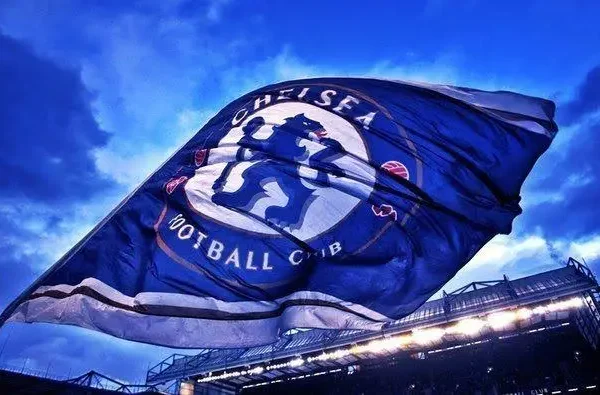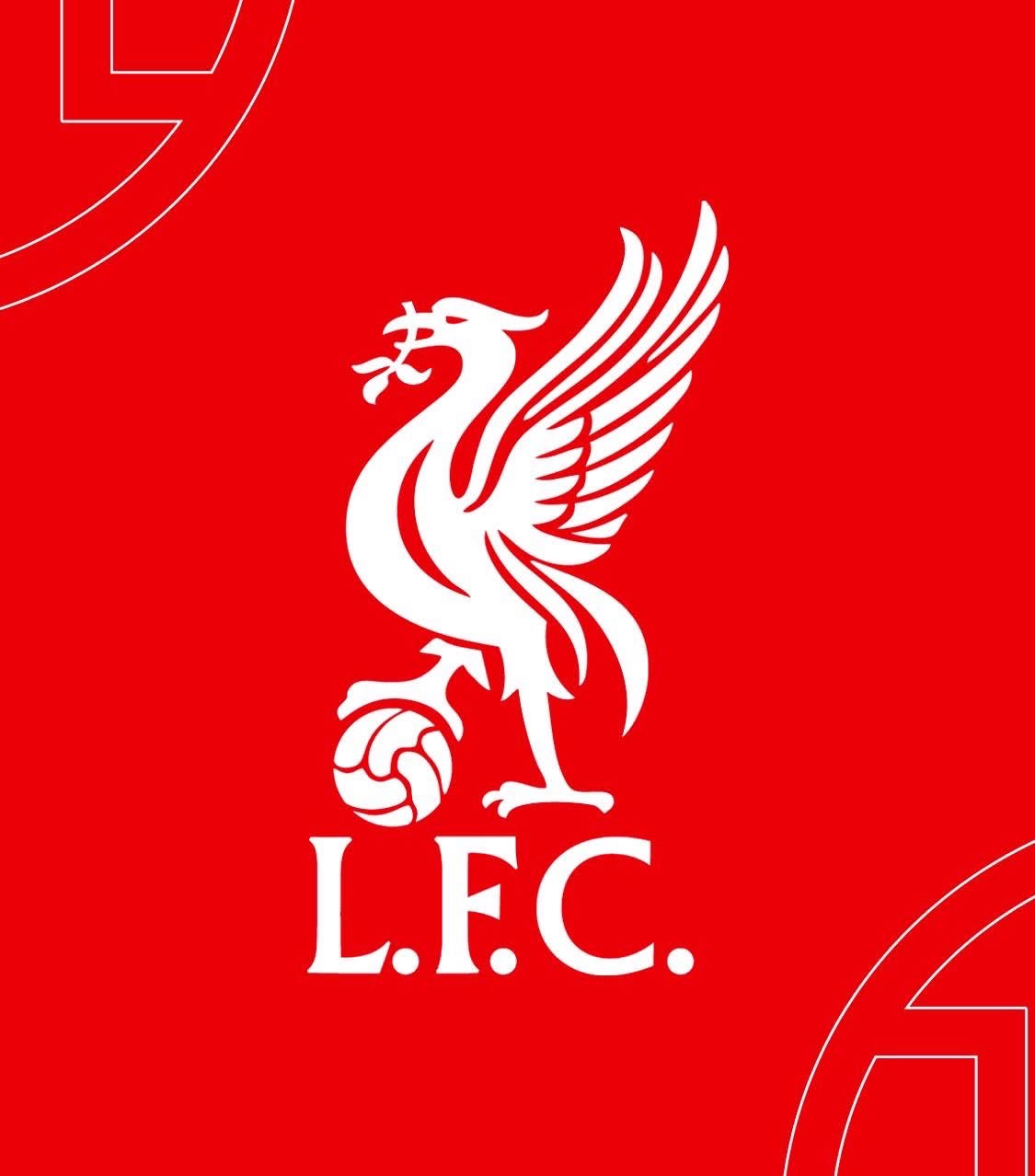In the high-stakes world of football transfers, the difference between success and failure often comes down to the smallest details. A phone call, an agent’s demand, a sudden change in negotiations — these can reshape the future of a football club. For Manchester United, one of the most dramatic examples of this came over a decade ago, when they lost out on signing Eden Hazard, then one of Europe’s brightest prospects, after refusing to agree to a secret multimillion-pound payment demanded by the player’s representatives.
This revelation, reported by The Times, provides a fascinating window into the shadowy world of transfer dealings — and highlights how Manchester United’s firm stance on financial ethics cost them a player who would later become one of the Premier League’s most dazzling talents.
The Hazard That Got Away
Back in 2012, Eden Hazard was the hottest young player in Europe. At just 21, the Belgian winger had lit up Ligue 1 with Lille, guiding them to a historic domestic double in 2011. His blistering pace, silky dribbling, and eye for goal made him one of the most sought-after names in world football. Clubs across the continent were lining up: Real Madrid, Manchester City, Chelsea, and Manchester United were all vying for his signature.
For United, still managed by Sir Alex Ferguson at the time, Hazard was seen as the natural heir to the club’s legacy of thrilling wingers. The Red Devils had built dynasties around players like George Best, Ryan Giggs, and Cristiano Ronaldo. Hazard seemed like the perfect next chapter in that story.
Negotiations were advanced enough that United truly believed they had a chance. Hazard himself admitted he was impressed by the prospect of playing at Old Trafford. But just as talks appeared to be heading in the right direction, things collapsed.
The reason? Hazard’s agent reportedly demanded a secret multimillion-pound payment — money that United refused to pay.
Why United Said “No”
Manchester United, under the Glazer ownership, were already being scrutinised for how they managed money. The club had strict financial protocols, especially regarding agents’ fees. While clubs often make compromises during transfer negotiations, United had a reputation for refusing to be strong-armed by agents who demanded excessive or “under-the-table” bonuses.
In Hazard’s case, United drew the line. To them, giving in to such demands would have set a dangerous precedent — signalling to future agents that they could extract similar concessions. For a club of United’s stature, that was deemed unacceptable.
Instead, United walked away. Chelsea, however, were willing to meet the demands. Hazard moved to Stamford Bridge in June 2012 for £32 million, with his agent’s payment included in the overall deal.
Hazard at Chelsea: What United Missed
What followed was nothing short of spectacular. Over the next seven years, Eden Hazard became Chelsea’s talisman and one of the Premier League’s greatest ever players. He won two Premier League titles, two Europa Leagues, the FA Cup, and the League Cup, while dazzling fans with moments of brilliance that cemented his legacy as one of the league’s finest entertainers.
Hazard’s ability to dribble past defenders as though they weren’t there, his knack for scoring crucial goals, and his vision in creating chances made him a nightmare for opposition defences. He was voted PFA Player of the Year in 2015 and Chelsea Player of the Season four times.
For Manchester United fans, watching Hazard tear up the league in Chelsea blue was a bitter pill to swallow. He was exactly the type of player they needed — a direct replacement for Cristiano Ronaldo, who had left for Real Madrid in 2009. United had their chances, but their refusal to bend on the agent’s payment meant they missed out.
Lessons From the Hazard Saga
The Hazard saga is just one example of how Manchester United have lost out on top players due to their stance in negotiations. Over the years, there have been similar stories: players like Ronaldinho, Alan Shearer, and even Erling Haaland slipped away due to disagreements over terms, fees, or conditions.
At the same time, United’s refusal to bow to pressure is also a reflection of their values as a club. While Chelsea may have got their man, United stood firm on principles they considered important. The question remains, though: in the ruthless world of football transfers, does holding firm always pay off? Or should clubs sometimes accept the uncomfortable realities of modern football to secure elite talent?
The Broader Impact of Agent Demands
Hazard’s case also highlights the growing influence of agents in modern football. In many cases, agents are not just middlemen; they are power brokers who can make or break deals. Their demands — from commission fees to image rights to hidden bonuses — have added an extra layer of complexity to transfers.
For Manchester United, refusing Hazard’s agent might have cost them on the pitch, but it arguably preserved their financial and ethical standards. For Chelsea, the willingness to play ball brought them years of success with one of the Premier League’s greatest players.
A “What If” for United Fans
For United supporters, the story of Hazard will always be one of football’s great “what ifs.” What if Ferguson had landed him? Could Hazard have been the missing piece that kept United at the top of English football in the post-Ronaldo years? Would Ferguson have extended his career beyond 2013 with a player of Hazard’s quality at his disposal?
Instead, United went in other directions, signing players like Shinji Kagawa and later Ángel Di María in attempts to fill the creative void. None matched Hazard’s impact.
Conclusion
Manchester United’s refusal to pay a secret multimillion-pound fee to Eden Hazard’s agent remains a fascinating sliding-doors moment in football history. It was a principled stance that cost them dearly in footballing terms, as Hazard went on to become a Chelsea legend and one of the defining players of his generation.





